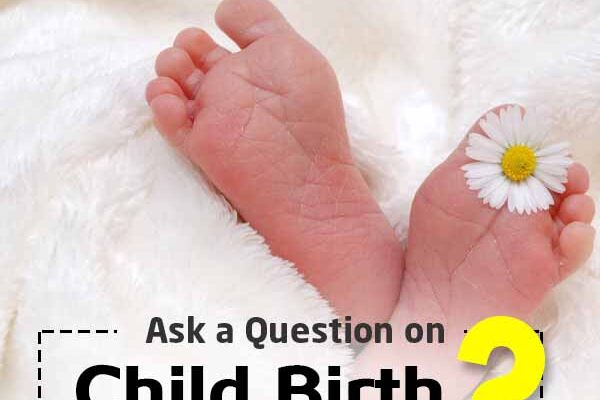A child’s education refers to the process of acquiring knowledge, skills, and values through formal or informal learning experiences during their formative years. Education plays a vital role in a child’s development and lays the foundation for their intellectual, social, emotional, and personal growth.
Formal education typically begins with early childhood education, followed by primary or elementary school, secondary or high school, and potentially higher education such as college or university. It involves structured learning environments, curricula, and interactions with teachers and peers.
The goals of a child’s education are multifaceted and go beyond academic achievements. Education aims to foster intellectual curiosity, critical thinking, problem-solving skills, creativity, and effective communication. It also helps children develop social skills, teamwork, empathy, and a sense of ethics and responsibility.
The specific subjects and areas of focus in a child’s education can vary based on educational systems, cultural contexts, and individual interests. Common subjects include language and literature, mathematics, science, social studies, arts, physical education, and more. As children progress through their education, they may have the opportunity to choose specialized subjects or explore areas of interest.
Education is not limited to formal schooling but also includes informal learning experiences outside the classroom. This can involve activities such as reading, exploring hobbies, engaging in extracurricular activities, participating in community service, and interacting with diverse individuals and cultures.
Parents, caregivers, and educators play crucial roles in supporting a child’s education. They provide guidance, create a supportive learning environment, encourage curiosity, and facilitate access to resources and opportunities for learning and growth.
Ultimately, a child’s education is a dynamic and lifelong process that prepares them for future endeavors, empowers them to make informed decisions, and equips them with the skills and knowledge needed to thrive in a changing world.



